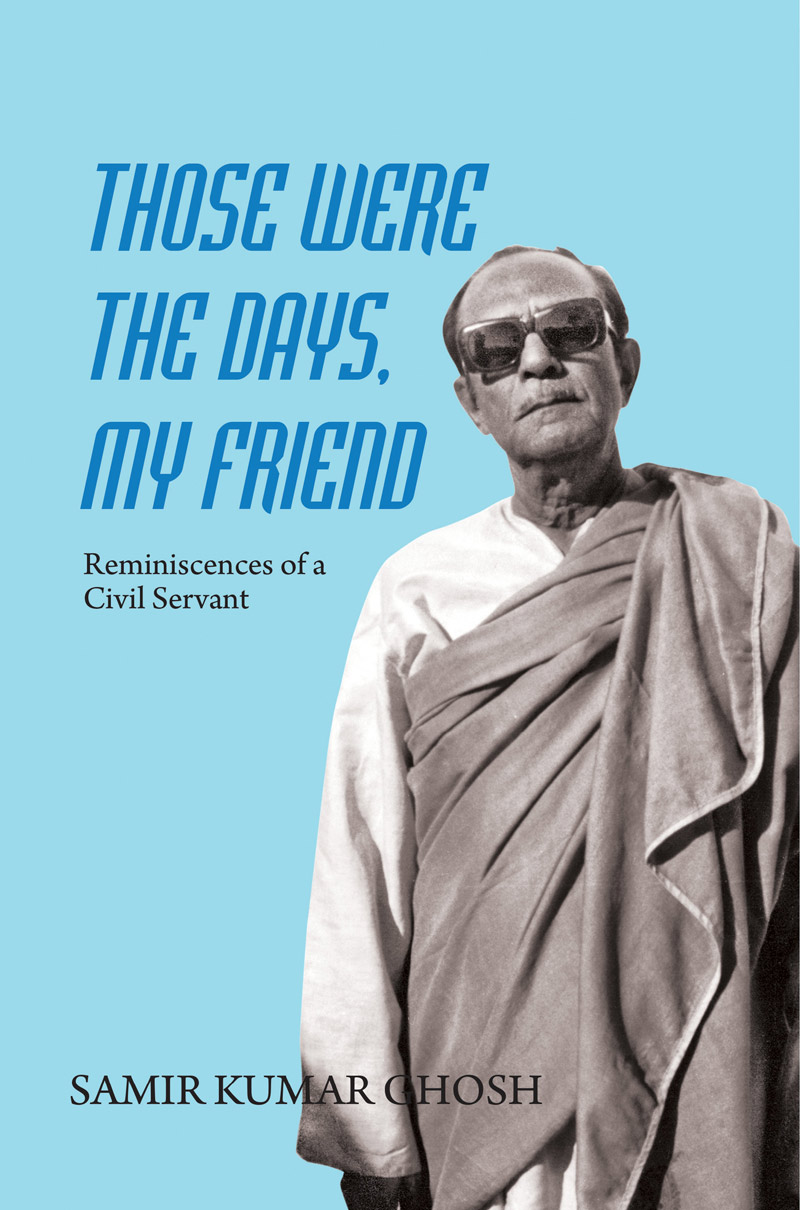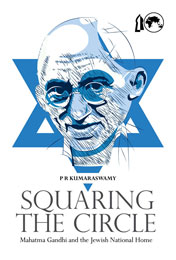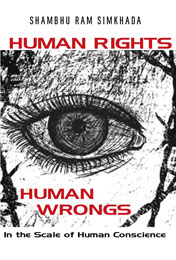Subjects
Recent View(s)
- Breaking Out of the Gree House: Indian Leadership in Times of Environmental Change
- The Dilemma of Popular Sovereignty in the Middle East: Power from or to the People?
- International Conflict Analyses in South Asia: A Study of Sectrarian Violence in Pakistan
- Those were The Days My Friend: Reminiscences of a Civil Servant
- Squaring the Circle: Mahatma Gandhi and the Jewish National Home
- Guardians of the Gate A Military History of the Mohyal Fighting Brahmins
- TAILSPIN The Politics of India-China Economic Relations
Those were The Days My Friend: Reminiscences of a Civil Servant
Samir Kumar Ghosh
The title of the book Those Were the Days, My Friend is the oft-repeated refrain in a popular English song of yesteryears.
The book is a collection of anecdotes of a civil servant from pre-independence times until the late 1970s, letting in the reader to discover little known facets of public administration in India which have shaped the ethos of our system of governance. The period it spans is formative not only for Bihar, which is the locale of the narrative, but also for other states and the central government in the process of their evolution. Many of the events described here would draw parallels with incidents that occurred elsewhere in different settings, but the discerning reader will not fail to identify the similarities.
The book describes in some detail the insidious influences of caste in administration, the propensity of the political executives to place personal gain over public good, the growing trend among politicians to meddle in routine administrative functions and their disappointment with upright civil servants who resisted their stated or unstated desires. The chapter on the Ramgarh Affair is particularly telling for the depth to which public administration had fallen.
The decline in norms of ethical conduct that began in Bihar has slowly but surely spread its tentacles far and wide. The author is almost prophetic in asserting that the rot that set in in Bihar in the 1960s not only consigned Bihar to the ‘Bimaru’ basket—together with Madhya Pradesh, Rajasthan and Uttar Pradesh—but was also the harbinger of the sharp descent on the national stage.
The story needs telling, as TSR Subramanian says in his Foreword—and N.K. Singh adds: “It is a valuable account for political and economic historians”.


 Political Science
Political Science


